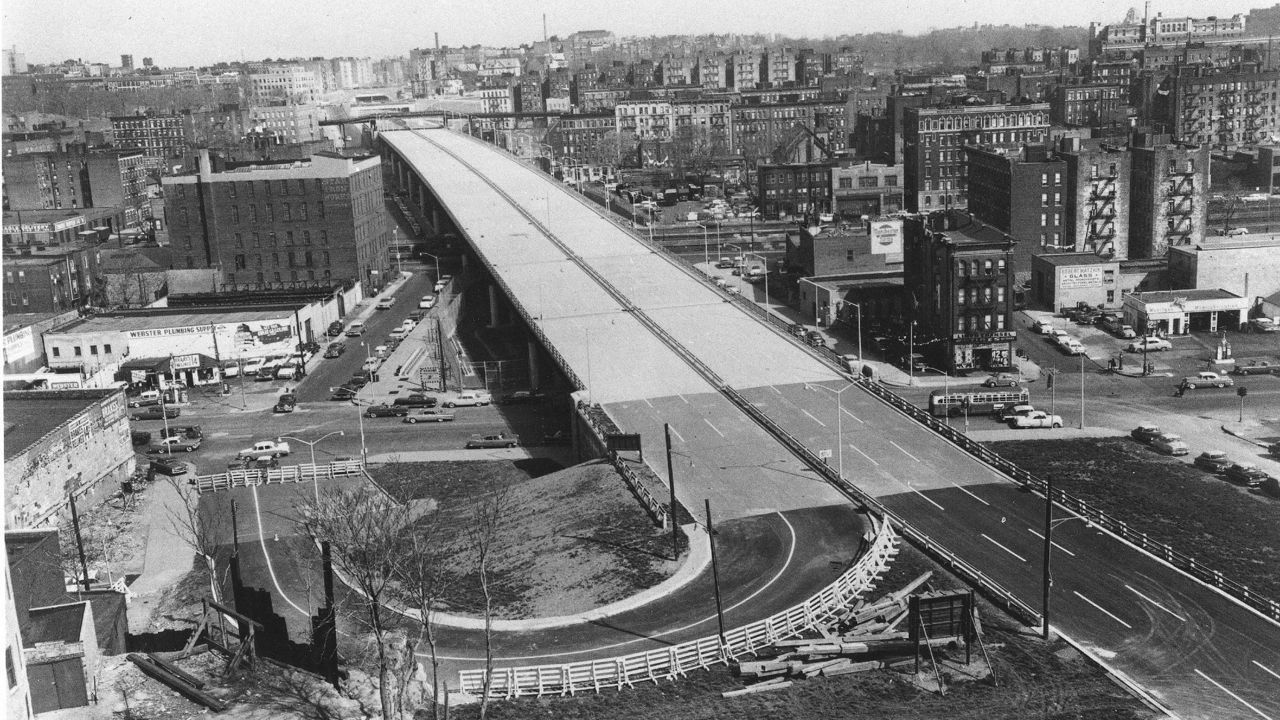President Joe Biden will announce in Milwaukee on Wednesday a $3.3 billion investment “to reconnect and rebuild” neighborhoods that were damaged and cut up by a century of transit projects planned with little regard for disadvantaged communities.
The projects, which include a $36 million pledge towards infrastructure improvements to Milwaukee’s 6th Street corridor, span across 40 states and address issues caused by some of the most notoriously damaging roads and highways in the country.
The neighborhoods surrounding the heavily-polluted and community-splitting Cross Bronx Expressway in New York will receive $150 million to help combat conditions that helped give the South Bronx sky-high asthma rates. Another $159 million will go to the Chinatown Stitch project in Philadelphia, working to repair the damage of an expressway that required the demolishing of homes and the displacement of the neighborhood's Chinese-American immigrant community.
In Los Angeles County, $139 will go towards creating 14 miles of bus lanes in a state the Biden administration notes has “almost double the concentration of [roadway] than the second highest county” in the U.S.
“Just about everywhere I go, when I mentioned the phenomenon of pieces of infrastructure that divide rather than connect, you can see on people's faces that they're picturing the particular version of that, that has affected their community,” Transportation Secretary Pete Buttigieg said on a press call on Tuesday. “Some of the planners behind highways and railways that we all live with today built these pieces of infrastructure directly through the heart of vibrant communities, sometimes to reinforce segregation, sometimes because it was the path of least resistance.”
“Often because Black neighborhoods in low income neighborhoods did not have the political power to resist or reshape those projects,” he added.
Other projects include $180 million in Syracuse, N.Y., by reshaping roadways to more evenly disperse traffic while constructing sidewalks, bike paths and parks. And 150 miles east, in Buffalo, N.Y., the administration will invest $56 billion towards reconnecting predominantly Black communities, split by the Kensington Expressway by building safer pathways to cross, adding new green spaces and parks and incentivizing businesses to open in the area. Columbus, Ohio will receive $41.9 million to help pay for a $392 million project expanding bus service, bike lanes and walking infrastructure in its West Broad Street corridor.
“The American people are well familiar with segregated public schools and the legacy of Jim Crow. But we're perhaps less familiar with government funded infrastructure planning projects in the 50s and 60s that heavily impacted and literally tore apart communities of color,” Tom Perez, a top adviser to Biden, said on the press call. “The legacy of these projects endures. I grew up in Buffalo, New York, and in the late 60s an expressway was built so that, quite frankly, white people from the suburbs could get downtown a lot faster. And what community was dissected in this project? The Black community on the east side of Buffalo.”
The full list of projects funded by this $3.3 billion investment can be found on the Department of Transportation’s website.


